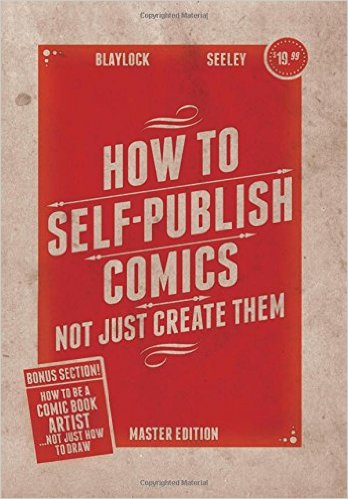
Just like you wouldn’t ask your plumber to change your car’s oil, don’t ask a lawyer what type of business entity you need. Ask your accountant.
What your Accountant Can Do
Anyone with access to their state corporation commission website can see the different types of corporations and limited liability organizations are available where they live. Determining which one is the ideal for your situation is best left to your accountant, an accountant who does business accounting. The tax code is too complex and has too many changes year-to-year for a regular person to navigate on their own. Get yourself an accountant which whom you can have a candid discussion about your current financial situation and your future plans, so they can tell you what’s the right business entity for you. What’s right for your friend, may not be the best plan of action for you.
And I’ve always said, a good accountant is worth their weight in gold. I’m happy to pay my accountant’s bill because handles the tax side of my business for me and he always answers my random questions.
How a Lawyer Can Help
A business lawyer can describe the differences between the types of corporations and LLCs, what it costs to file the documents in the state to start an entity, whether an annual report is required, and other legal obligations and suggestions accompany different business entities. If you have a limited budget, filing your documents with your state by yourself is one way to save on legal fees. If you can afford it, and you don’t want to take the time to do it yourself, you can hire a lawyer to do your filing for you and take care of the require publication.
Your lawyer can also create the documents that accompany the creation of a new business – bylaws, operating agreement, terms of service, and/or contract templates. They can also advise you about how to protect your intellectual property and the importance of maintaining your corporate veil. Even if you don’t need a lawyer to create your business entity, it’s pragmatic to bring your lawyer into the loop sooner than later, just to make sure you have your ducks in a row.
Being a business owner and running the business are two full-time jobs in one. As an entrepreneur, I sympathize with what my clients go through with the challenges of providing for their customers and managing the nuts and bolts of being a business owner. If you want to connect with me and my experience as a business owner, you can contact me directly or connect with me on Twitter, Facebook, YouTube, or LinkedIn. You can also get access to more exclusive content that is available only to people on my mailing list, by subscribing here.










